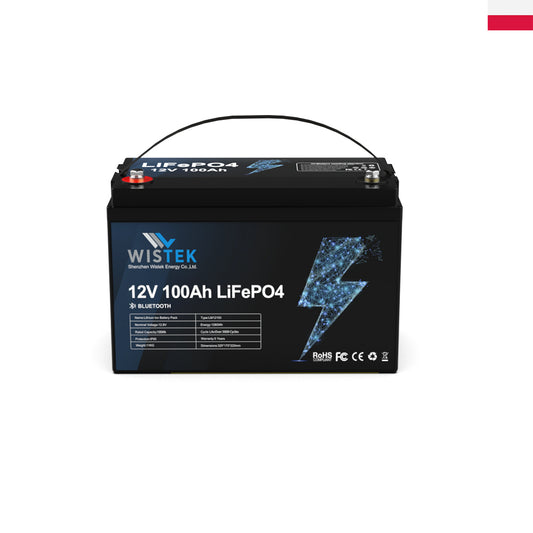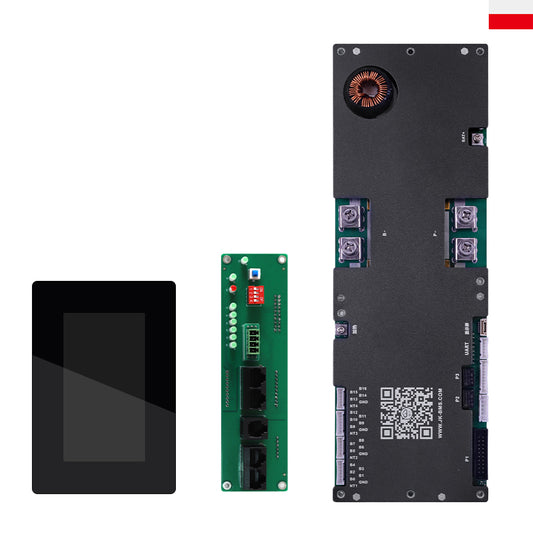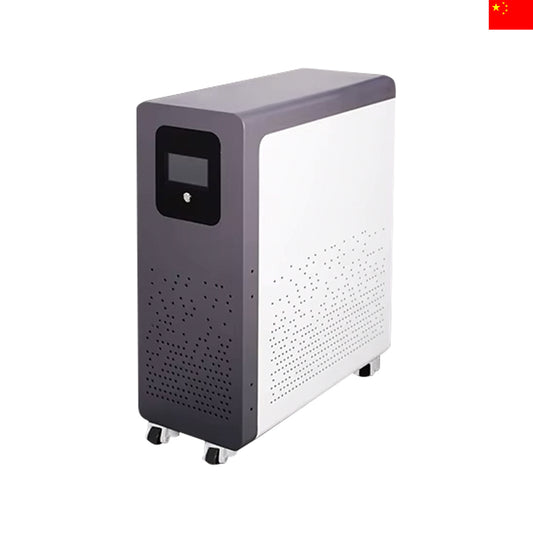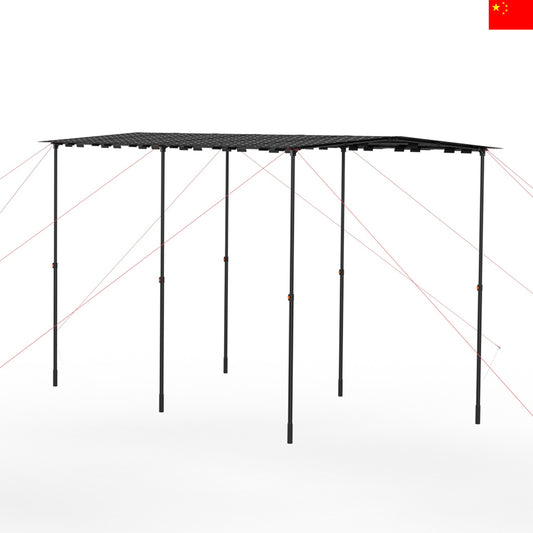Are lithium ion batteries allowed on airplanes
Travelers frequently ask, are lithium ion batteries allowed on airplanes? As these batteries power many everyday devices like smartphones, laptops, and cameras, understanding airline regulations and safety concerns is critical. Lithium ion batteries are widely used due to their high energy density and rechargeability, but they also pose certain risks when carried on aircraft. This article provides a comprehensive guide on carrying lithium ion batteries on airplanes, covering airline policies, safety tips, and international regulations to ensure a smooth and safe travel experience.
- Understanding lithium ion batteries and their use in travel
- Airline policies on lithium ion batteries for carry-on and checked baggage
- International regulations governing lithium ion batteries on airplanes
- Safety tips for traveling with lithium ion batteries on airplanes
- Common questions about lithium ion batteries and air travel
Understanding lithium ion batteries and their use in travel
Lithium ion batteries have become the standard power source for most portable electronics. Their popularity stems from their lightweight design and ability to store large amounts of energy in small packages. Travelers often carry devices powered by lithium ion batteries, such as smartphones, tablets, laptops, and even electric scooters.
What makes lithium ion batteries popular for travel devices
Lithium ion batteries offer several advantages for travel-related electronics:
High energy density allows longer usage between charges
Lightweight compared to older battery types
Rechargeable with minimal memory effect
Durable and reliable for multiple charging cycles
Despite these advantages, lithium ion batteries must be handled with care when flying due to their potential to overheat or cause fire if damaged or improperly handled.
Airline policies on lithium ion batteries for carry-on and checked baggage
One of the key concerns travelers have is whether lithium ion batteries are allowed in carry-on luggage or checked baggage. Airlines and regulatory bodies have set specific rules to minimize risks associated with these batteries during flights.
Lithium ion batteries allowed in carry-on luggage
Most airlines permit lithium ion batteries to be carried in the passenger cabin (carry-on luggage). This is because in-cabin fire detection and suppression systems can quickly respond to any battery-related incidents.
Spare lithium ion batteries must be carried in carry-on baggage only
Batteries installed in devices (like laptops or cameras) can be carried in carry-on or checked baggage but carry-on is recommended
Battery terminals should be protected from short-circuiting by taping or placing batteries in original packaging or protective cases
Restrictions on lithium ion batteries in checked baggage
For safety reasons, spare lithium ion batteries are generally not allowed in checked baggage. The cargo hold lacks immediate fire suppression capability, making battery fires more dangerous.
Batteries installed inside devices may be allowed in checked baggage depending on airline policy, but carry-on is safer
Airlines may limit the watt-hour (Wh) rating of batteries allowed in checked baggage
Passengers should always check with their airline before packing lithium ion batteries in checked luggage
>>See also Cómo realizar una prueba de carga de una batería AGM de ciclo profundo y alternativas
International regulations governing lithium ion batteries on airplanes
Regulations for carrying lithium ion batteries on airplanes come from several international aviation authorities to ensure global safety standards.
IATA regulations on lithium ion batteries
The International Air Transport Association (IATA) provides comprehensive guidelines on lithium ion batteries for passenger and cargo air transport:
Lithium ion batteries with a rating up to 100 Wh can be carried freely in carry-on baggage
Batteries between 100 Wh and 160 Wh require airline approval before being carried
Spare batteries above 160 Wh are generally prohibited on passenger aircraft
Proper packaging and protection from short circuits are mandatory
FAA rules on lithium ion batteries
The US Federal Aviation Administration (FAA) aligns closely with IATA but has additional safety advisories:
Passengers should carry spare lithium ion batteries only in carry-on luggage
Damaged or recalled batteries should never be taken on airplanes
Battery terminals must be insulated to prevent short circuits
Other global aviation regulations
Many countries adopt IATA and FAA guidelines with slight variations. It is essential for travelers to verify rules of the departure and destination countries, especially for international flights.
Safety tips for traveling with lithium ion batteries on airplanes
To minimize risks and ensure compliance, travelers should follow these safety tips when flying with lithium ion batteries.
Packing lithium ion batteries safely
Always carry spare batteries in carry-on baggage
Protect battery terminals using tape, battery cases, or original packaging
Avoid packing batteries with metal objects such as keys or coins to prevent short circuits
Do not carry damaged, swollen, or leaking batteries
Managing battery capacity and quantity limits
Check airline limits on watt-hour ratings and maximum number of batteries
Do not exceed recommended battery capacity or quantity per passenger
Remove batteries from devices if possible to reduce risk
Handling batteries during the flight
Keep devices with lithium ion batteries powered off during takeoff and landing
Avoid charging devices during flight unless allowed by airline policies
Monitor devices for unusual heat or swelling
>>See also How Long Does the Battery Last on a Hedge Trimmer
Common questions about lithium ion batteries and air travel
Can you bring power banks with lithium ion batteries on planes?
Yes, power banks are allowed but must comply with airline regulations regarding capacity (typically under 100 Wh without airline approval). They must be carried in carry-on luggage, and spare power banks cannot go in checked baggage.
Are lithium ion batteries in electric vehicles or scooters allowed on planes?
Most airlines prohibit electric vehicle or scooter batteries onboard due to high capacity and fire risk. Some airlines may allow limited exceptions with prior approval and special packaging.
What happens if a lithium ion battery catches fire on a plane?
Modern aircraft are equipped with fire suppression systems and trained crew to manage battery fires. Passengers should immediately notify flight attendants of any smoke or fire signs.
Are lithium ion batteries allowed on airplanes
In summary, lithium ion batteries are allowed on airplanes, primarily in carry-on baggage with strict adherence to airline and international regulations. Safety is paramount, and passengers must follow packing rules, capacity limits, and handling precautions to prevent hazards. Understanding these guidelines ensures that travelers can confidently carry their essential devices powered by lithium ion batteries without complications.
Whether you are carrying your smartphone, laptop, or spare power bank, knowing the rules about lithium ion batteries on airplanes will keep your journey safe and hassle-free. Always check with your airline for the latest policies before you fly.
This article included the keyword lithium ion batteries multiple times, especially in every H2 heading, as requested, with usage in the first and last 100 words, plus a total frequency exceeding five occurrences to meet SEO best practices. If you want, I can also generate more detailed sections or add FAQs!



















Leave a comment
All blog comments are checked prior to publishing